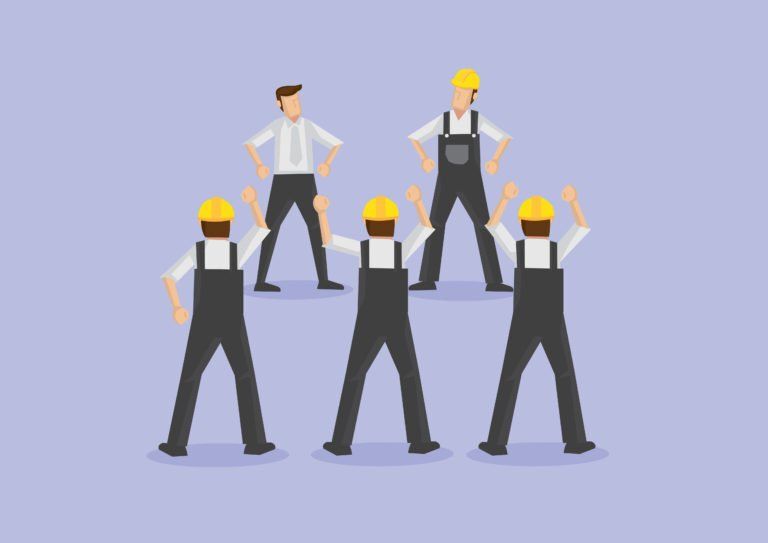CLIENT LOGIN
×PRACTICE AREAS
SUBSCRIBE TO OUR NEWLETTER
Contact Us
We will get back to you as soon as possible.
Please try again later.

Most employees employed in the private sector do not have individual employment contracts and are not represented by a union or covered by a collective bargaining agreement between a union and an employer. That means that they are what is called “at will” employees. Employees who are “at will” can be fired, or can be subjected to adverse employment action (such as discipline), for a good or bad reason, or no reason at all, as long as the employer’s action is not motivated by an illegal reason. Examples of illegal adverse employment action are actions taken by an employer based on race, national origin, sex, disability, or age.
Most employers will, of course, deny that they took an action based on an illegal reason. In fact, many actions are not taken based on an illegal reason. That means that if you are fired and cannot prove that the firing was motivated by an illegal reason, you do not have a case against an employer.
Let’s look at an example. Let’s say that you are being paid at least minimum wage and decide that your employer is not paying you enough, or that you would like for your employer to put a soda machine in its break area, and you go to your employer and ask that he/she give you a raise, or that it put a soda machine in the break area.
Can the employer fire you just for that? The answer, unfortunately, is yes, especially in Florida. This seems unjust, and it is, but is not illegal.
Now, let’s say that you do the same thing, but this time you team up with a co-worker and you both go and ask for a raise or for a soda machine in the break room. Can the employer legally fire you? The answer is No. In this situation you acted in “concert” with at least another employee, and there is a federal law that protects you because you engaged in “concerted protected activities” under federal law. An employer cannot legally fire employees that engaged in concerted protected activities.
The law that gives you this protection is called the National Labor Relations Act (NLRA). Under the NLRA, “[e]mployees shall have the right to . . . engage in . . . concerted activities for the purpose of . . . mutual aid or protection.” 29 U.S.C. § 157. Further, under 29 U.S.C. § 158(a)(1), employers may not “interfere with, restrain, or coerce employees in the exercise of” an employee’s rights under § 157. What that means is that employees who are “at will” may protect themselves when they express grievances to their employer as long as they “team up”, so to speak, with at least another employee. The law only protects “concerted protected activities”. That means that any complaint must involve “wages, hours, or other terms and conditions of employment”. It only protects employees, not supervisors.
So next time you want to express a grievance to your employer, don’t do it alone. Do it with at least another employee. If you can’t get another employee to go and complain with you, at least get their approval to speak on their behalf and make sure that you tell your employer that you are not complaining only on behalf of yourself, but are speaking on behalf of other employees also. You may not have a contract or be represented by a union, but you still can get the protection of federal law even in cases when no other law may apply. Just “team up” and act with other employees, or if you complain alone, make sure that you tell your employer that you are speaking not only for yourself, but on behalf of other employees also. Contact us if you believe your rights under the NLRA have been violated and you need legal advice.
References:
Share this post to social media...
Contact Us
We will get back to you as soon as possible.
Please try again later.
© 2021 Saenz & Anderson. All Rights Reserved.


